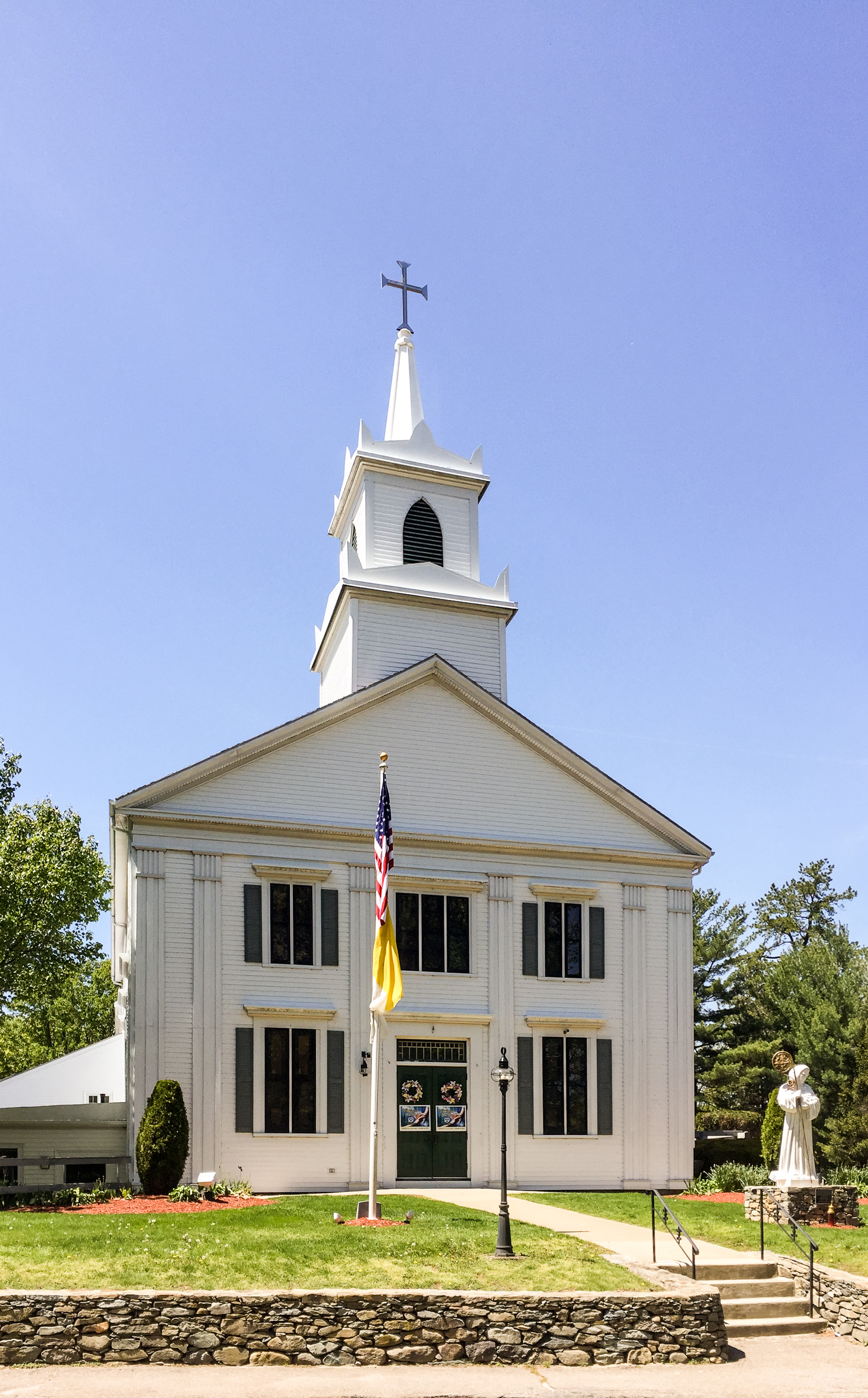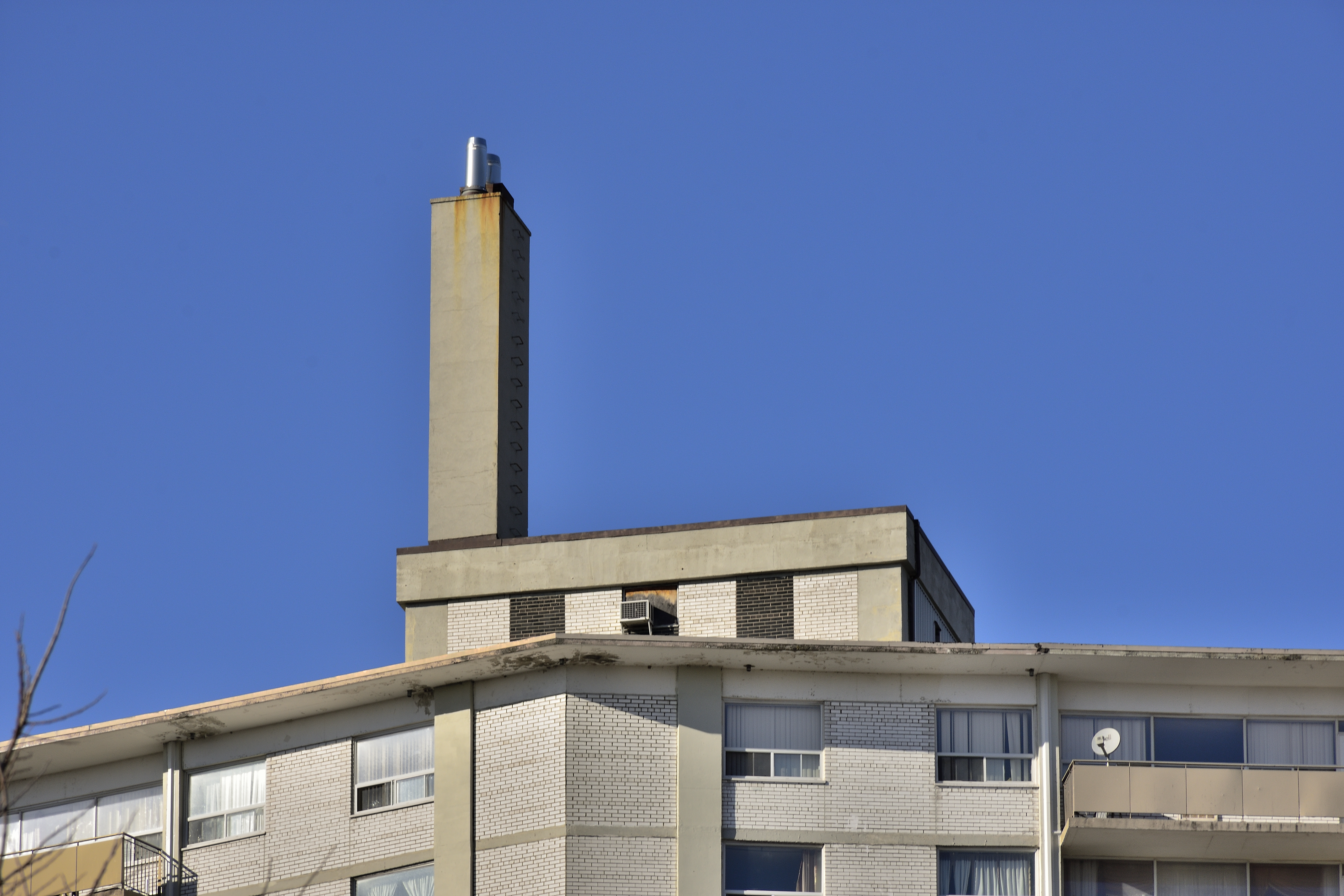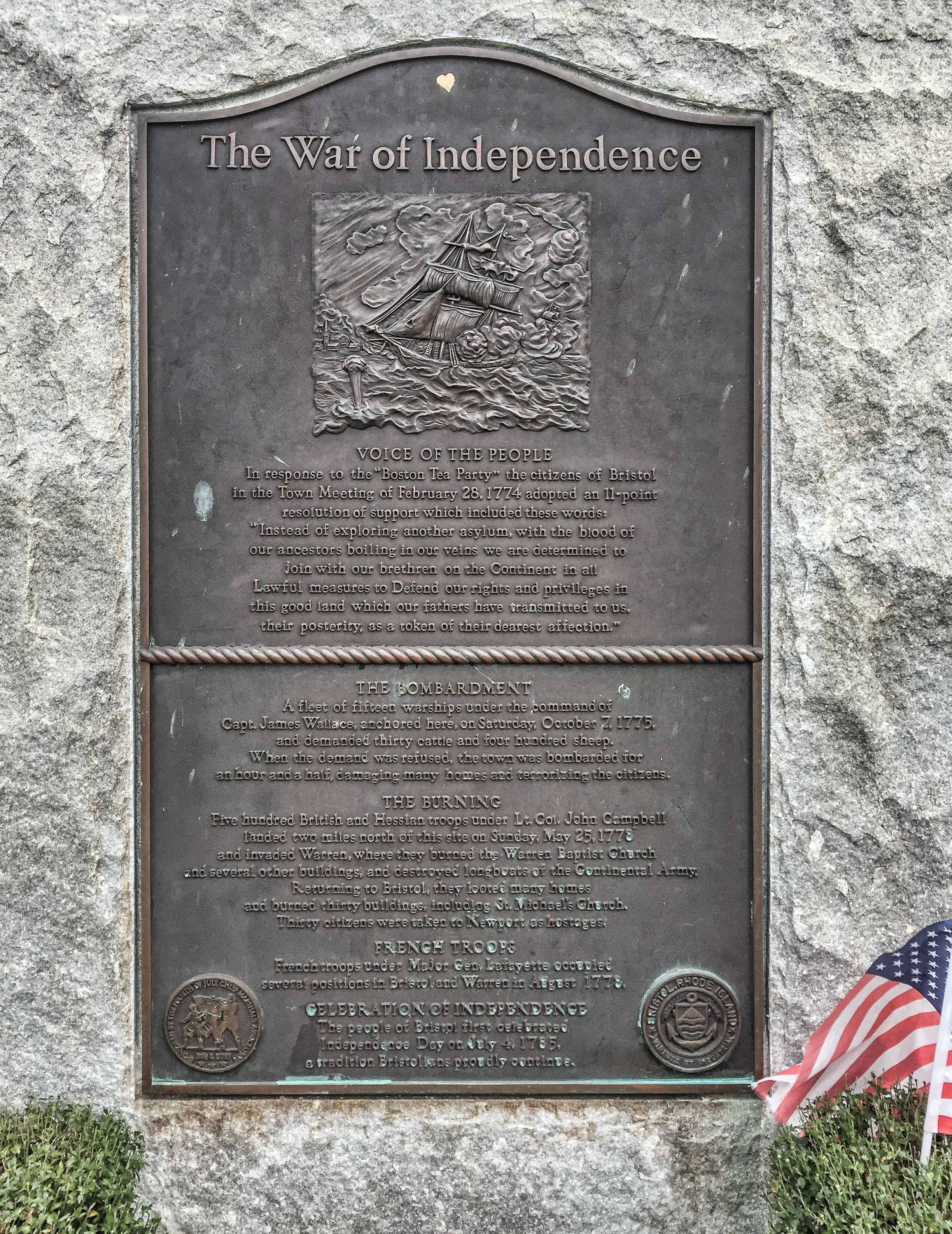|
Assonet, Massachusetts
Assonet is one of two villages in the town of Freetown, Massachusetts in Bristol County, Massachusetts, United States. An original part of the town, Assonet was settled in 1659 along with the city of Fall River, then a part of Freetown. It rests on the banks of the Assonet River. As of the 2000 census, the village had a total population of 4,084; up from 3,614 in 1990. As of the 2014 census the village had a total estimated population of 9,093. History Assonet was first settled in 1659, shortly after the completion of Ye Freemen's Purchase. It was part of the Plymouth Colony until the 1691 merger with the Massachusetts Bay Colony. The word comes from the local Wampanoag Indians, who had a settlement in the area, and has two meanings: "place of rocks" and "song of praise". Those meanings are traditional, but the former can be segmented as ''(h)assun-et'' where'' hassun'' or ''assin'' is a word used by southern New England Algonquian to mean ''stone''. The ''-et'' is a locative ... [...More Info...] [...Related Items...] OR: [Wikipedia] [Google] [Baidu] |
Massachusetts
Massachusetts (Massachusett: ''Muhsachuweesut Massachusett_writing_systems.html" ;"title="nowiki/> məhswatʃəwiːsət.html" ;"title="Massachusett writing systems">məhswatʃəwiːsət">Massachusett writing systems">məhswatʃəwiːsət'' English: , ), officially the Commonwealth of Massachusetts, is the most populous state in the New England region of the Northeastern United States. It borders on the Atlantic Ocean and Gulf of Maine to the east, Connecticut and Rhode Island to the south, New Hampshire and Vermont to the north, and New York to the west. The state's capital and most populous city, as well as its cultural and financial center, is Boston. Massachusetts is also home to the urban core of Greater Boston, the largest metropolitan area in New England and a region profoundly influential upon American history, academia, and the research economy. Originally dependent on agriculture, fishing, and trade. Massachusetts was transformed into a manufacturing center during t ... [...More Info...] [...Related Items...] OR: [Wikipedia] [Google] [Baidu] |
Freeman (colonial)
During the American colonial period, a freeman was a person who was not a slave. The term originated in 12th-century Europe. In the Massachusetts Bay Colony, a man had to be a member of the Church to be a freeman; in neighboring Plymouth Colony a man did not need to be a member of the Church, but he had to be elected to this privilege by the General Court. Being a freeman carried with it the right to vote, and in Plymouth only freemen could vote by 1632. ''Black's Law Dictionary'' (9th edition) defines Freeman as follows: 1. A person who possesses and enjoys all the civil and political rights belonging to the people under a free government. 2. A person who is not a slave. 3. Hist. A member of a municipal corporation (a city or a borough) who possesses full civic rights, esp. the right to vote. 4. Hist. A freeholder. Cf. VILLEIN. 5. Hist. An allodial landowner. Cf. VASSAL. - also written free man. "Freedom" was earned after an allotted time, or after the person demanding "pa ... [...More Info...] [...Related Items...] OR: [Wikipedia] [Google] [Baidu] |
Rail Transport
Rail transport (also known as train transport) is a means of transport that transfers passengers and goods on wheeled vehicles running on rails, which are incorporated in tracks. In contrast to road transport, where the vehicles run on a prepared flat surface, rail vehicles ( rolling stock) are directionally guided by the tracks on which they run. Tracks usually consist of steel rails, installed on sleepers (ties) set in ballast, on which the rolling stock, usually fitted with metal wheels, moves. Other variations are also possible, such as "slab track", in which the rails are fastened to a concrete foundation resting on a prepared subsurface. Rolling stock in a rail transport system generally encounters lower frictional resistance than rubber-tyred road vehicles, so passenger and freight cars (carriages and wagons) can be coupled into longer trains. The operation is carried out by a railway company, providing transport between train stations or freight customer ... [...More Info...] [...Related Items...] OR: [Wikipedia] [Google] [Baidu] |
North Church, Assonet, Mass
North is one of the four compass points or cardinal directions. It is the opposite of south and is perpendicular to east and west. ''North'' is a noun, adjective, or adverb indicating direction or geography. Etymology The word ''north'' is related to the Old High German ''nord'', both descending from the Proto-Indo-European unit *''ner-'', meaning "left; below" as north is to left when facing the rising sun. Similarly, the other cardinal directions are also related to the sun's position. The Latin word ''borealis'' comes from the Greek '' boreas'' "north wind, north", which, according to Ovid, was personified as the wind-god Boreas, the father of Calais and Zetes. ''Septentrionalis'' is from ''septentriones'', "the seven plow oxen", a name of ''Ursa Major''. The Greek ἀρκτικός (''arktikós'') is named for the same constellation, and is the source of the English word ''Arctic''. Other languages have other derivations. For example, in Lezgian, ''kefer'' can mean b ... [...More Info...] [...Related Items...] OR: [Wikipedia] [Google] [Baidu] |
Raynham, Massachusetts
Raynham () is a town in Bristol County, Massachusetts, United States, located approximately south of Boston and northeast of Providence, Rhode Island. The population was 15,082 at the 2020 census. It has one village, Raynham Center. History The area that is now Raynham was settled in 1639 as a part of Taunton, and was founded by Elizabeth Pole, the first woman to found a town in America. It was to that area three years earlier that Roger Williams, proponent of separation of church and state, of paying Indians for land acquired and abolishing slavery, had escaped, traveling 55 miles during a January blizzard. He was fleeing a conviction for sedition and heresy of the General Court of Salem, and it was here that the local Wampanoags offered him shelter at their winter camp. Their Sachem Massasoit hosted Williams for the three months until spring. In 1652, bog iron was found along the Two Mile (Forge) River. Soon after, the Taunton Iron Works was established by residents J ... [...More Info...] [...Related Items...] OR: [Wikipedia] [Google] [Baidu] |
Chimney
A chimney is an architectural ventilation structure made of masonry, clay or metal that isolates hot toxic exhaust gases or smoke produced by a boiler, stove, furnace, incinerator, or fireplace from human living areas. Chimneys are typically vertical, or as near as possible to vertical, to ensure that the gases flow smoothly, drawing air into the combustion in what is known as the stack, or chimney effect. The space inside a chimney is called the ''flue''. Chimneys are adjacent to large industrial refineries, fossil fuel combustion facilities or part of buildings, steam locomotives and ships. In the United States, the term ''smokestack industry'' refers to the environmental impacts of burning fossil fuels by industrial society, including the electric industry during its earliest history. The term ''smokestack'' (colloquially, ''stack'') is also used when referring to locomotive chimneys or ship chimneys, and the term ''funnel'' can also be used. The height of a c ... [...More Info...] [...Related Items...] OR: [Wikipedia] [Google] [Baidu] |
Newport, Rhode Island
Newport is an American seaside city on Aquidneck Island in Newport County, Rhode Island. It is located in Narragansett Bay, approximately southeast of Providence, south of Fall River, Massachusetts, south of Boston, and northeast of New York City. It is known as a New England summer resort and is famous for its historic mansions and its rich sailing history. It was the location of the first U.S. Open tournaments in both tennis and golf, as well as every challenge to the America's Cup between 1930 and 1983. It is also the home of Salve Regina University and Naval Station Newport, which houses the United States Naval War College, the Naval Undersea Warfare Center, and an important Navy training center. It was a major 18th-century port city and boasts many buildings from the Colonial era. The city is the county seat of Newport County, which has no governmental functions other than court administrative and sheriff corrections boundaries. It was known for being the locatio ... [...More Info...] [...Related Items...] OR: [Wikipedia] [Google] [Baidu] |
Battle Of Freetown
The Mount Hope Bay raids were a series of military raids conducted by British troops during the American Revolutionary War against communities on the shores of Mount Hope Bay on May 25 and 31, 1778. The towns of Bristol and Warren, Rhode Island were significantly damaged, and Freetown, Massachusetts (present-day Fall River) was also attacked, although its militia resisted British attacks more successfully. The British destroyed military defenses in the area, including supplies that had been cached by the Continental Army in anticipation of an assault on British-occupied Newport, Rhode Island. Homes as well as municipal and religious buildings were also destroyed in the raids. On May 25, 500 British and Hessian soldiers, under orders from General Sir Robert Pigot, the commander of the British garrison at Newport, Rhode Island, landed between Bristol and Warren, destroyed boats and other supplies, and plundered Bristol. Local resistance was minimal and ineffective in stopping ... [...More Info...] [...Related Items...] OR: [Wikipedia] [Google] [Baidu] |
American Revolutionary War
The American Revolutionary War (April 19, 1775 – September 3, 1783), also known as the Revolutionary War or American War of Independence, was a major war of the American Revolution. Widely considered as the war that secured the independence of the United States, fighting began on April 19, 1775, followed by the Lee Resolution on July 2, 1776, and the Declaration of Independence on July 4, 1776. The American Patriots were supported by the Kingdom of France and, to a lesser extent, the Dutch Republic and the Spanish Empire, in a conflict taking place in North America, the Caribbean, and the Atlantic Ocean. Established by royal charter in the 17th and 18th centuries, the American colonies were largely autonomous in domestic affairs and commercially prosperous, trading with Britain and its Caribbean colonies, as well as other European powers via their Caribbean entrepôts. After British victory over the French in the Seven Years' War in 1763, tensions between the motherlan ... [...More Info...] [...Related Items...] OR: [Wikipedia] [Google] [Baidu] |
French And Indian War
The French and Indian War (1754–1763) was a theater of the Seven Years' War, which pitted the North American colonies of the British Empire against those of the French, each side being supported by various Native American tribes. At the start of the war, the French colonies had a population of roughly 60,000 settlers, compared with 2 million in the British colonies. The outnumbered French particularly depended on their native allies. Two years into the French and Indian War, in 1756, Great Britain declared war on France, beginning the worldwide Seven Years' War. Many view the French and Indian War as being merely the American theater of this conflict; however, in the United States the French and Indian War is viewed as a singular conflict which was not associated with any European war. French Canadians call it the ('War of the Conquest').: 1756–1763 The British colonists were supported at various times by the Iroquois, Catawba, and Cherokee tribes, and the French ... [...More Info...] [...Related Items...] OR: [Wikipedia] [Google] [Baidu] |
Thirteen Colonies
The Thirteen Colonies, also known as the Thirteen British Colonies, the Thirteen American Colonies, or later as the United Colonies, were a group of British colonies on the Atlantic coast of North America. Founded in the 17th and 18th centuries, they began fighting the American Revolutionary War in April 1775 and formed the United States of America by declaring full independence in July 1776. Just prior to declaring independence, the Thirteen Colonies in their traditional groupings were: New England ( New Hampshire; Massachusetts; Rhode Island; Connecticut); Middle ( New York; New Jersey; Pennsylvania; Delaware); Southern ( Maryland; Virginia; North Carolina; South Carolina; and Georgia). The Thirteen Colonies came to have very similar political, constitutional, and legal systems, dominated by Protestant English-speakers. The first of these colonies was Virginia Colony in 1607, a Southern colony. While all these colonies needed to become economically viable, the f ... [...More Info...] [...Related Items...] OR: [Wikipedia] [Google] [Baidu] |
Blacksmith
A blacksmith is a metalsmith who creates objects primarily from wrought iron or steel, but sometimes from other metals, by forging the metal, using tools to hammer, bend, and cut (cf. tinsmith). Blacksmiths produce objects such as gates, grilles, railings, light fixtures, furniture, sculpture, tools, agricultural implements, decorative and religious items, cooking utensils, and weapons. There was an historical distinction between the heavy work of the blacksmith and the more delicate operation of a whitesmith, who usually worked in gold, silver, pewter, or the finishing steps of fine steel. The place where a blacksmith works is called variously a smithy, a forge or a blacksmith's shop. While there are many people who work with metal such as farriers, wheelwrights, and armorers, in former times the blacksmith had a general knowledge of how to make and repair many things, from the most complex of weapons and armor to simple things like nails or lengths of chain. Etymology ... [...More Info...] [...Related Items...] OR: [Wikipedia] [Google] [Baidu] |








